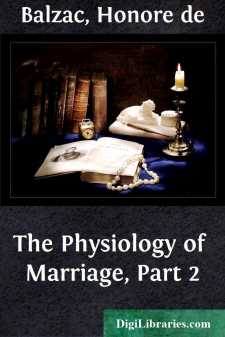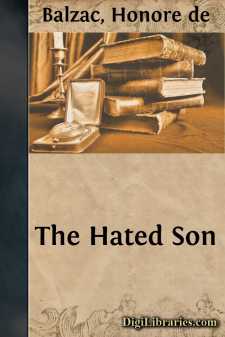Categories
- Antiques & Collectibles 13
- Architecture 36
- Art 48
- Bibles 22
- Biography & Autobiography 814
- Body, Mind & Spirit 145
- Business & Economics 28
- Children's Books 17
- Children's Fiction 14
- Computers 4
- Cooking 94
- Crafts & Hobbies 4
- Drama 346
- Education 53
- Family & Relationships 59
- Fiction 11833
- Foreign Language Study 3
- Games 19
- Gardening 17
- Health & Fitness 34
- History 1377
- House & Home 1
- Humor 147
- Juvenile Fiction 1873
- Juvenile Nonfiction 202
- Language Arts & Disciplines 88
- Law 16
- Literary Collections 686
- Literary Criticism 179
- Mathematics 13
- Medical 41
- Music 40
- Nature 179
- Non-Classifiable 1768
- Performing Arts 7
- Periodicals 1453
- Philosophy 66
- Photography 2
- Poetry 897
- Political Science 203
- Psychology 45
- Reference 154
- Religion 516
- Science 126
- Self-Help 85
- Social Science 82
- Sports & Recreation 34
- Study Aids 3
- Technology & Engineering 59
- Transportation 23
- Travel 463
- True Crime 29
Our website is made possible by displaying online advertisements to our visitors.
Please consider supporting us by disabling your ad blocker.
The Ball at Sceaux
by: Honore de Balzac
Categories:
Description:
Excerpt
THE BALL AT SCEAUX
The Comte de Fontaine, head of one of the oldest families in Poitou, had served the Bourbon cause with intelligence and bravery during the war in La Vendee against the Republic. After having escaped all the dangers which threatened the royalist leaders during this stormy period of modern history, he was wont to say in jest, "I am one of the men who gave themselves to be killed on the steps of the throne." And the pleasantry had some truth in it, as spoken by a man left for dead at the bloody battle of Les Quatre Chemins. Though ruined by confiscation, the staunch Vendeen steadily refused the lucrative posts offered to him by the Emperor Napoleon. Immovable in his aristocratic faith, he had blindly obeyed its precepts when he thought it fitting to choose a companion for life. In spite of the blandishments of a rich but revolutionary parvenu, who valued the alliance at a high figure, he married Mademoiselle de Kergarouet, without a fortune, but belonging to one of the oldest families in Brittany.
When the second revolution burst on Monsieur de Fontaine he was encumbered with a large family. Though it was no part of the noble gentlemen's views to solicit favors, he yielded to his wife's wish, left his country estate, of which the income barely sufficed to maintain his children, and came to Paris. Saddened by seeing the greediness of his former comrades in the rush for places and dignities under the new Constitution, he was about to return to his property when he received a ministerial despatch, in which a well-known magnate announced to him his nomination as marechal de camp, or brigadier-general, under a rule which allowed the officers of the Catholic armies to count the twenty submerged years of Louis XVIII.'s reign as years of service. Some days later he further received, without any solicitation, ex officio, the crosses of the Legion of Honor and of Saint-Louis.
Shaken in his determination by these successive favors, due, as he supposed, to the monarch's remembrance, he was no longer satisfied with taking his family, as he had piously done every Sunday, to cry "Vive le Roi" in the hall of the Tuileries when the royal family passed through on their way to chapel; he craved the favor of a private audience. The audience, at once granted, was in no sense private. The royal drawing-room was full of old adherents, whose powdered heads, seen from above, suggested a carpet of snow. There the Count met some old friends, who received him somewhat coldly; but the princes he thought ADORABLE, an enthusiastic expression which escaped him when the most gracious of his masters, to whom the Count had supposed himself to be known only by name, came to shake hands with him, and spoke of him as the most thorough Vendeen of them all. Notwithstanding this ovation, none of these august persons thought of inquiring as to the sum of his losses, or of the money he had poured so generously into the chests of the Catholic regiments. He discovered, a little late, that he had made war at his own cost....












